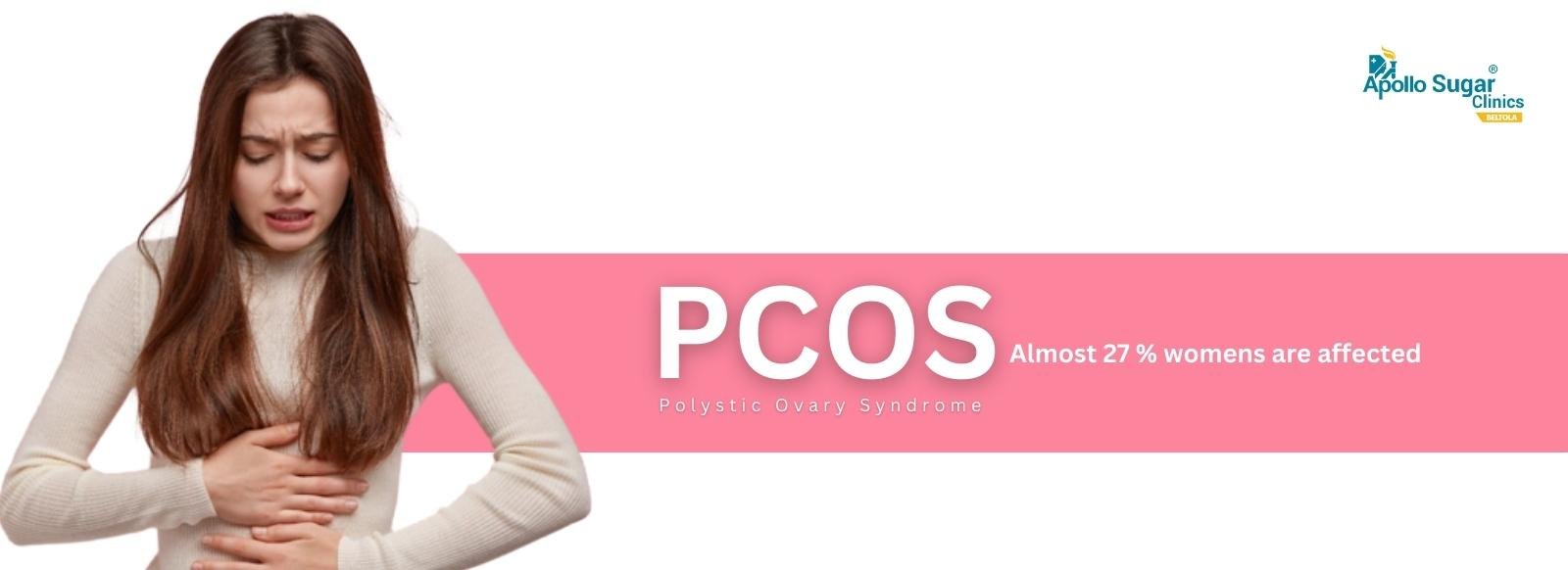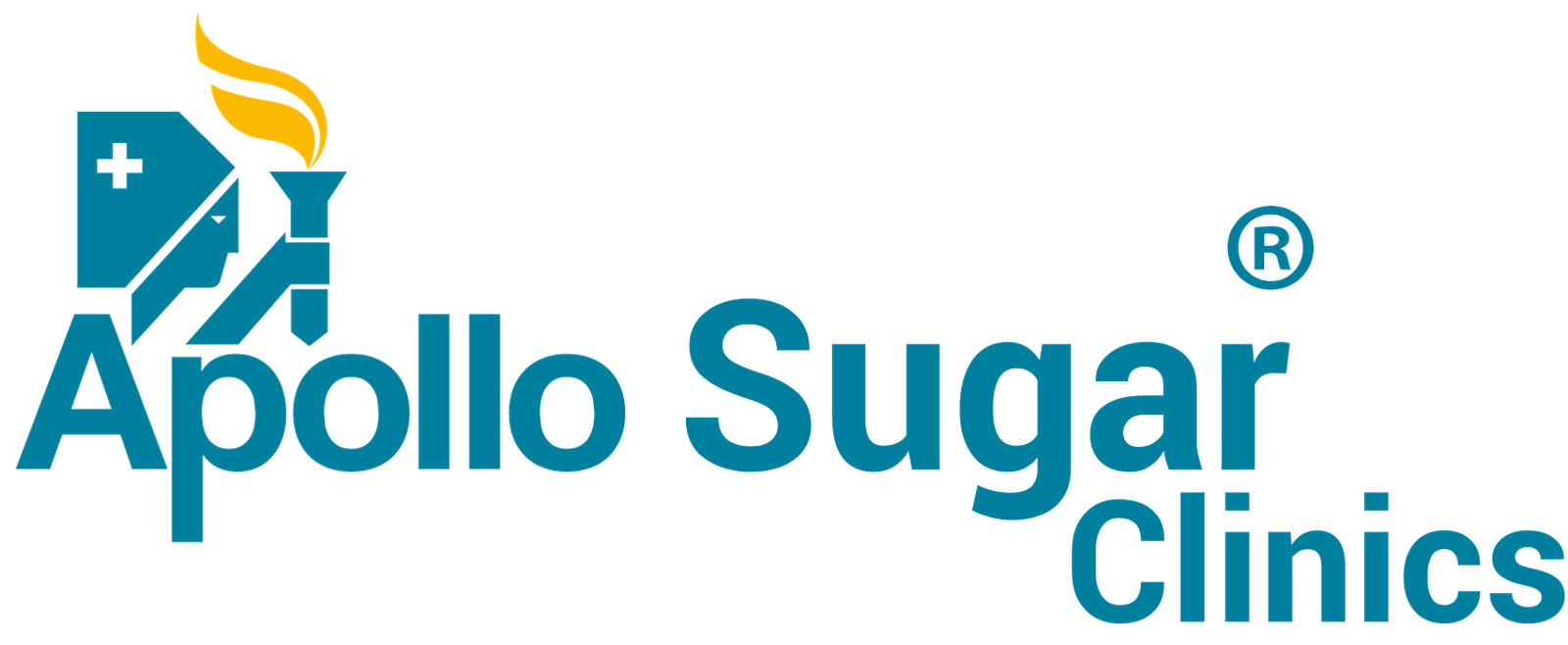
What Is PCOS?
PCOS stands for Polycystic Ovary Syndrome. It is a common hormonal disorder that affects people with ovaries, primarily women of reproductive age. PCOS is characterized by a combination of symptoms, which can vary from person to person. Some common features of PCOS include:
Irregular Menstrual Cycles: People with PCOS often experience irregular or infrequent menstrual periods, which can make it difficult to predict ovulation and may lead to fertility issues.
Hyperandrogenism: This refers to higher levels of male hormones (androgens) in the body. It can lead to symptoms such as hirsutism (excess facial or body hair), acne, and male-pattern baldness.
Ovarian Cysts: Many individuals with PCOS have small cysts on their ovaries. These cysts are actually immature eggs and can contribute to irregular menstrual cycles.
Insulin Resistance: Insulin is a hormone that regulates blood sugar levels. Some people with PCOS may be insulin resistant, which means their cells don’t respond effectively to insulin. This can lead to higher insulin levels in the body.
Weight Gain: PCOS is often associated with weight gain or obesity, and it can make it more challenging to lose weight due to insulin resistance.
PCOS can have a significant impact on a person’s overall health and can lead to complications like type 2 diabetes, high blood pressure, and infertility. Management of PCOS typically involves lifestyle changes, such as a healthy diet and regular exercise, along with medical interventions like birth control pills to regulate menstrual cycles, anti-androgen medications to manage hirsutism and acne, and medications to improve insulin sensitivity. The specific treatment plan is tailored to an individual’s unique symptoms and needs.

"Managing diabetes is easier than ever with our comprehensive solutions."
Apollo Sugar Clinics, Beltola
